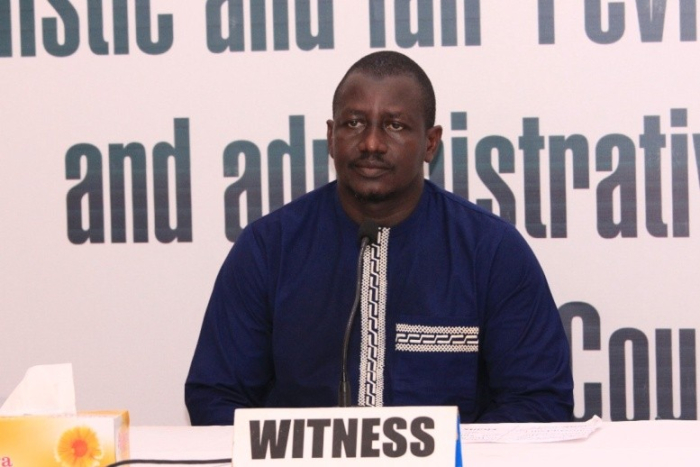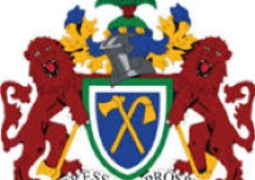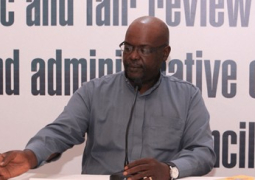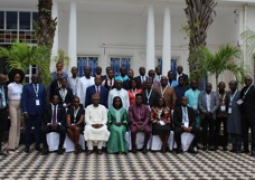
Sanneh, who has served as chairman since May 2018, appeared before the commission to respond to multiple findings of financial mismanagement during his administration, including unsanctioned loans, improper procurement procedures, internal audit failures, and alleged abuse of authority.
One of the most damning revelations involved the overpayment of public funds to Nema-Su Enterprise, a contractor engaged by the council to supply food items during the COVID-19 response.
According to Counsel Patrick Gomez, the agreed contract sum between the council and Nema-Su was D425,750. However, payment records presented to the Commission showed that by 19 May 2020, the contractor had already received D542,000, representing an overpayment of D116,250. Additional financial documents from both the contractor and the council revealed that over D1.1 million was eventually disbursed to Nema-Su in total.
Despite the magnitude of the overpayment, Chairman Sanneh denied any involvement in the awarding of the contract or the payments made. He told the commission that he attended taskforce functions only "ceremonially" and was not part of the financial decision-making process regarding Nema-Su’s engagement.
“I did not participate in the procurement process or sign any cheque. I was only there ceremonially,” Sanneh said.
Gomez challenged this defence, highlighting that the procurement process did not go through the council’s Contracts Committee, as required by the Local Government Finance and Audit Act. Instead, the contract and related payments were managed by the former Chief Executive Officer, Pa Sait Ceesay, and the procurement officer contravening procurement regulations.
In response, Sanneh conceded there were procedural lapses, but he maintained that he had no direct role in authorizing payments or overseeing the execution of the contract.
In a separate matter, the Commission queried the chairman on the handling of COVID-19 relief funds, particularly donations from the Israeli Embassy and other sources received during the height of the pandemic.
Chairman Sanneh testified that the council established a taskforce account to manage the funds and that he initiated the formation of the taskforce himself. However, despite the public nature of the donations and the involvement of senior council officials including the chairman, CEO, and finance director the account was never audited.
Sanneh defended the setup, claiming the donations were managed independently by the taskforce and were not treated as council funds. He also stated that he did not sign any cheques or approve any disbursements from the account.
“I was not involved in the payments. I did not sign any cheque. I only served on the taskforce to monitor activities,” he told the Commission.
Lead Counsel Gomez, however, countered this by citing provisions in the Financial Manual for Local Government Councils, which clearly state that donations are considered part of council revenue and must be subjected to the same accountability standards as tax revenue.
“You form a taskforce not in your private capacity, but because you have been elected by the people and you have a mandate to execute,” Gomez said. “You cannot exclude the council from that.”
Sanneh ultimately admitted that the failure to audit the COVID-19 fund was a serious lapse.
“It was an oversight. I get it. It should have been audited,” he acknowledged.
The Commission also discovered that D1 million was transferred from the COVID-19 account to the main council account without clear documentation.
However the chairman claim he could not remember such transfer has been asked to produce the full account statement and supporting documents for this transfer.
Beyond the COVID-19 issues and the Nema-Su overpayment, the Commission uncovered longstanding governance and financial control failures within the Mansakonko Area Council under Chairman Sanneh’s leadership.
Read Other Articles In Headlines
Senegal president appoint new Cabinet
Sep 8, 2025, 10:37 AM




